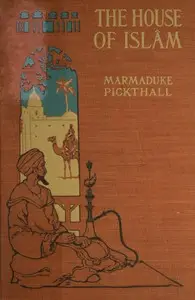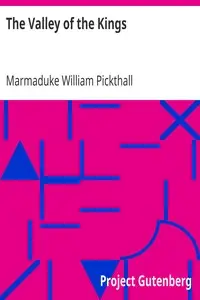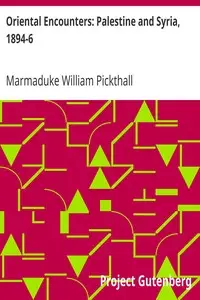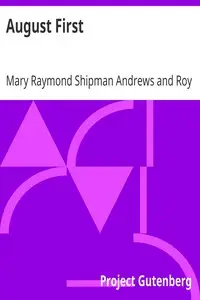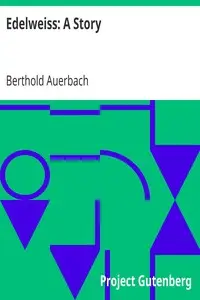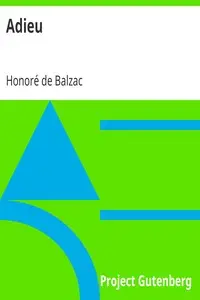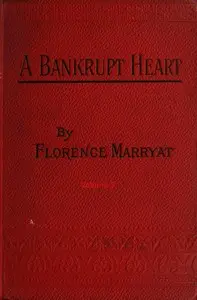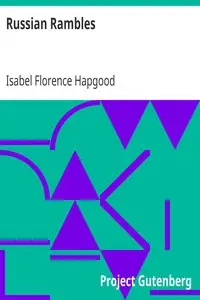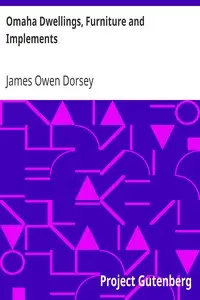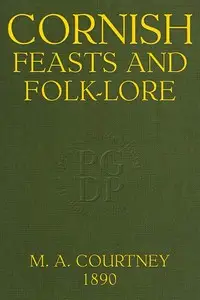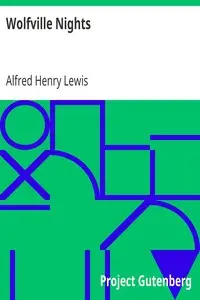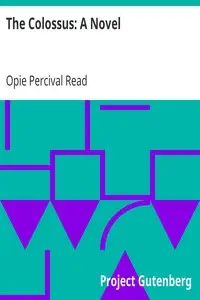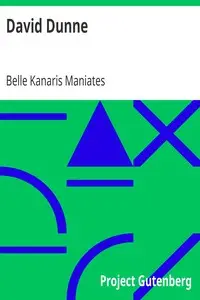"Veiled Women" by Marmaduke William Pickthall is a novel written in the early 20th century. Set against the backdrop of Cairo, the story explores the lives of women in a Muslim household, focusing on the themes of love, cultural identity, and the intricacies of gender roles. The narrative is largely centered around Barakah, an English governess who becomes embroiled in the complexities of her new life as the bride of Yûsuf Bey, navigating her identity amidst a foreign culture. The opening of the novel introduces the vibrant environment of Cairo and presents the interactions among women in a wealthy household. The narrative begins with a free servant, Hind, who performs a ritual with a crow, seeking fortune and happiness among her companions. The scene evolves to reveal the dynamics of the household, including the fraught relationship between the domineering mother, Fitnah Khânum, and the English governess who becomes the object of her jealousy. As the Pasha, Muhammad Sâlih, begins to navigate the implications of marrying his son to a foreign woman, tensions arise within the household, hinting at the conflicts to come. The stage is set for Barakah's entry into a new life while confronting the cultural expectations and challenges she faces as her wedding approaches. (This is an automatically generated summary.)
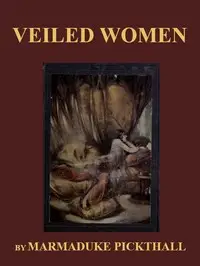
Veiled Women
By Marmaduke William Pickthall
"Veiled Women" by Marmaduke William Pickthall is a novel written in the early 20th century. Set against the backdrop of Cairo, the story explores the ...
Muhammad Marmaduke Pickthall was an English Islamic scholar noted for his 1930 English translation of the Quran, called The Meaning of the Glorious Koran. His translation of the Quran is one of the most widely known and used in the English-speaking world. A convert from Christianity to Islam, Pickthall was a novelist, esteemed by D. H. Lawrence, H. G. Wells, and E. M. Forster, as well as journalists, political and religious leaders. He declared his conversion to Islam in dramatic fashion after delivering a talk on 'Islam and Progress' on 29 November 1917, to the Muslim Literary Society in Notting Hill, West London.

